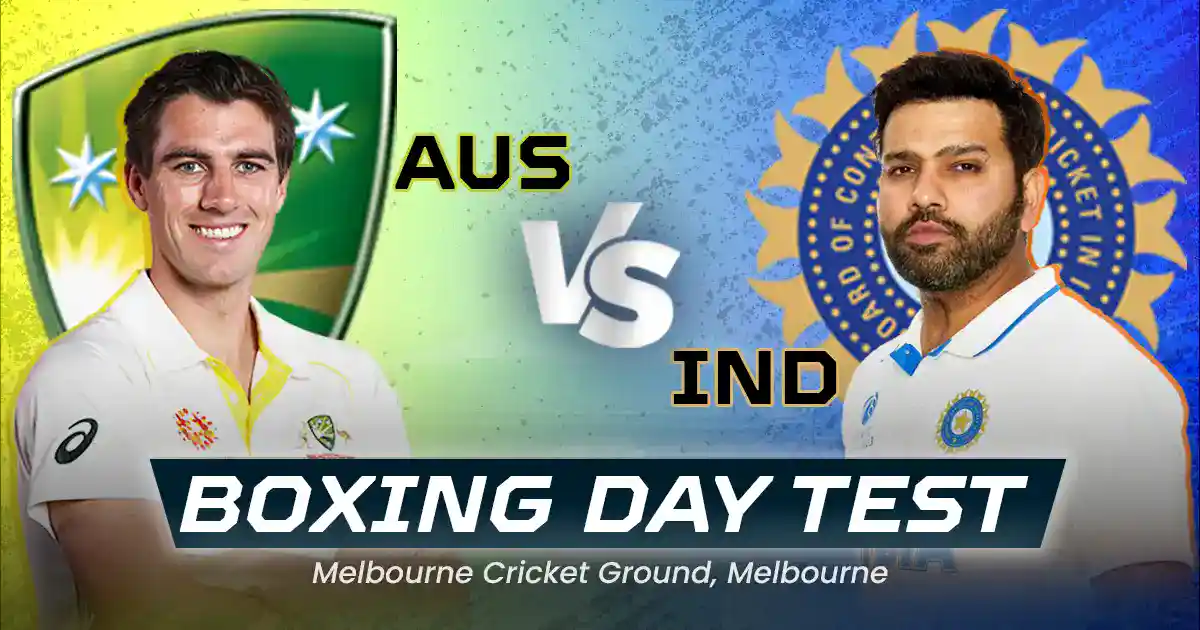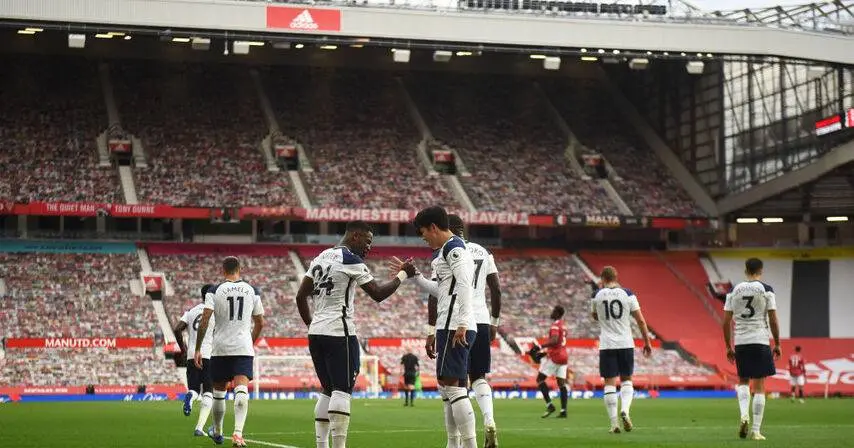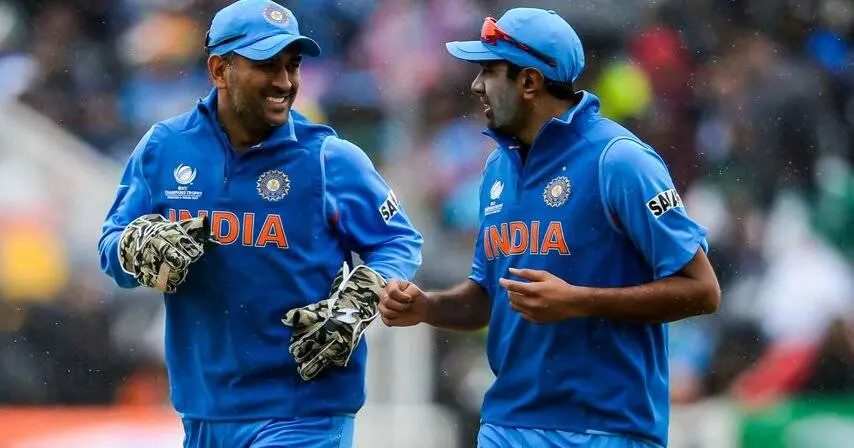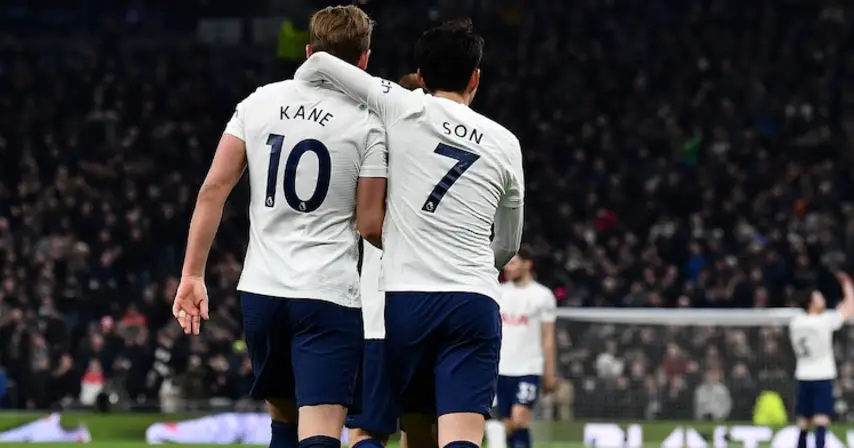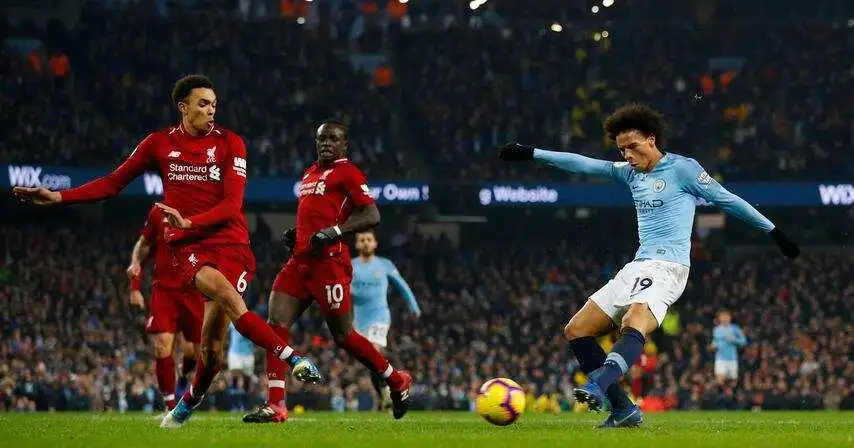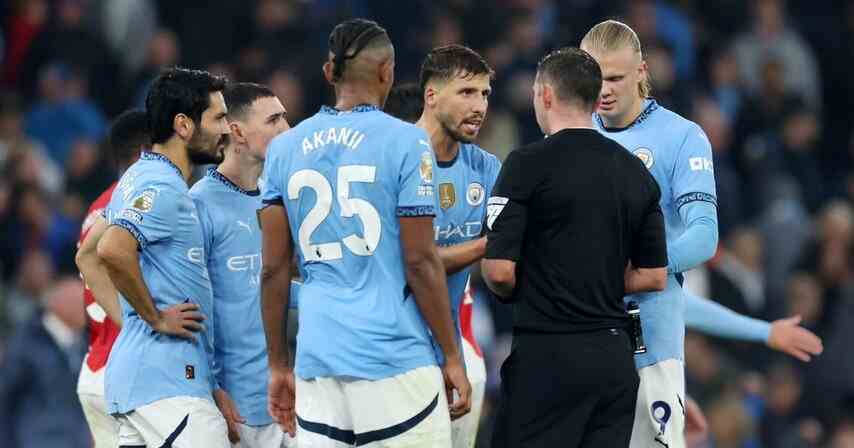
3 Things We Learnt From Sunday’s Enthralling Clash Between Manchester City and Arsenal
Many fans felt that Sunday’s game between Manchester City and Arsenal was a potential early season title decider, with two of the best teams in the land dueling out for the 1st spot. And so, it turned out that way.
City and Arsenal played out a thrilling 2-2 draw, which left fans on the edge of their seats. Erling Haaland wasted no time, opening the scoring in the 9th minute after Savinho skillfully danced past his marker and played a perfect through ball to the Norwegian, who finished with trademark composure. However, City didn’t lead the game for long, as summer signing Riccardo Calafiori scored a belter from the edge of the box in the 22nd minute to restore parity. Following his North London Derby heroics, Gabriel Magalhaes gave the Gunners a crucial lead in the injury time of the first half. But soon, Arsenal would find themselves a man down after Leandro Trossard received a second yellow for kicking the ball away.
Playing with 10-man, Mikel Arteta’s men retreated into a low block, inviting wave after wave of City pressure. The Cityzens peppered David Raya’s goal with a record 28 attempts in the second half. City nearly had 90% of the possession in the second half. But despite City’s dominance, Arsenal headed into the stoppage time with a 2-1 lead. However, with virtually the last kick of the game John Stones found a well-deserved equalizer after a cleverly worked short corner. The game ended 2-2, but both sets of players and fans would feel hard done by the stalemate. However, with the top of the table tie in the rearview mirror now, we decided to list out three things we learnt from this game.
1) Arsenal will secure results by hook or by crook
After the September international break, Arsenal faced a daunting week, with back-to-back fixtures against Tottenham, Atalanta in the Champions League opener, and Manchester City—all in just seven days. To make things even tougher, they had to do it without their midfield maestro, Martin Odegaard, who was sidelined for at least a month due to an ankle injury picked up during the break. If you had told Arsenal fans that their team would come out of this stretch unbeaten, they would have happily taken it. But in hindsight, Mikel Arteta would be disappointed.
Without one of his key players, Arteta was forced to tweak his approach, leaning on transition football to get through these tough matches. The plan worked like a charm against Spurs, with Gabriel Magalhaes netting the match-winner from a corner. The Gunners used the same tactics against City, but on steroids, as Trossard’s red card forced them to defend for the entire second half. Despite playing almost half the game with ten men, Arsenal managed to hold City at bay until the very last moments.
While a 2-2 draw with City feels like a missed opportunity, especially given the circumstances, this challenging week has shown that Arsenal are capable of grinding out results, whether it's through sharp, attacking football or resilient defending. It’s the kind of grit that champions are made of, and Arsenal are proving they can handle the pressure.
2) Rodri’s knee injury may have tipped the scales in Arsenal’s favor
While Erling Haaland often grabs the spotlight with his jaw-dropping goal tally, Rodri is undoubtedly the heartbeat of Manchester City’s machine. However, City had to soldier on without their midfield general for the majority of their clash against Arsenal. Rodri went down clutching his knee just 15 minutes into the match, and replays confirmed the worst—he’d suffered a non-contact injury. Unable to continue, he was replaced by Matteo Kovacic. Although Kovacic played a key role in City’s eventual equalizer, Rodri absence was felt.
The 28-year-old midfielder has been the lynchpin of Pep Guardiola’s all-conquering Manchester City side. In fact, the last time City lost a game in which Rodri started was in February of 2023 against Tottenham. Since then, City have lost three games, but Rodri wasn’t in the matchday squad. This stat just goes on to show Rodri’s importance to Guardiola’s system. The extent of Rodri’s injury remains uncertain, but there’s growing concern among fans that he could be sidelined for a while. If that happens, Arsenal might just find themselves with a significant opportunity in the title race. The real question is—can the Gunners capitalize on this unexpected advantage?
3) The time-wasting rules are getting out of hand
For the second time in just three Premier League matches, Arsenal found themselves down a man for the same reason—kicking the ball away. First, it was Declan Rice against Brighton, and now, Leandro Trossard on Sunday. Both red cards arguably cost the Gunners crucial wins. Fans have been vocal in their frustration, particularly with referee Michael Oliver, whose decision to send off Trossard put a damper on what was shaping up to be a thrilling contest. However, the real issue lies with the inconsistent officiating across the Premier League. Arsenal supporters have pointed out that before Rice was shown a red card against Brighton, Joao Pedro did the same thing—kicked the ball away—yet escaped any punishment. Similarly, in the clash with Manchester City, Jeremy Doku also kicked the ball away but wasn’t penalized by Oliver.
It’s no surprise then that Mikel Arteta’s frustration is justified. After the match, he expressed his exasperation, stating, “It’s that obvious that it’s not necessary for me to comment. It’s the second time, I’m (now) expecting 100 Premier League games to be played as 10 against 11, or 10 against nine. Let’s see.” While cracking down on time-wasting is generally seen as a good thing, it shouldn't come at the expense of ruining what could have been an exciting, evenly-contested match. Fans want to see two teams battling it out on a level playing field, not one team with an unfair advantage due to questionable calls. Until referees can be more consistent, the frustration from managers and supporters alike will only continue to grow.
